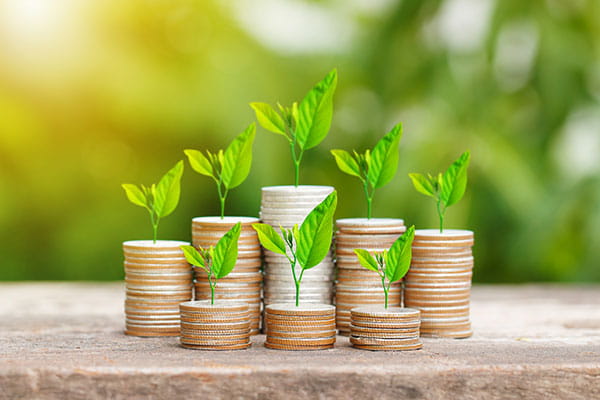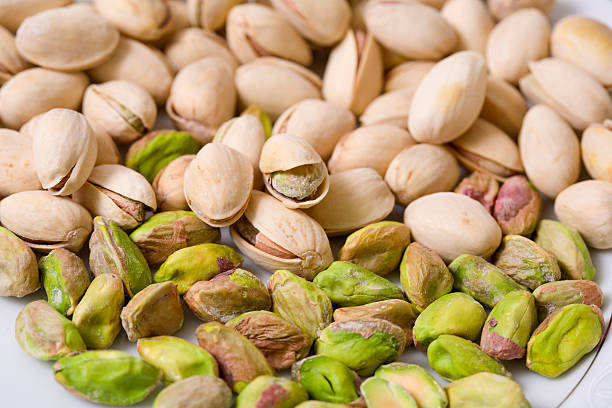
Iran stands as one of the world’s largest producers of pistachios, accounting for approximately 50% of global production. This status not only signifies Iran’s agricultural importance but also highlights pistachios as a vital component of the country’s export economy. The industry directly supports millions of farmers, rural communities, and related sectors such as processing, packaging, and logistics.
This high-value crop has become a key driver of economic growth due to its extensive demand in international markets. Countries like China, India, the United Arab Emirates, and European nations are among the top importers of Iranian pistachios, making the product a crucial export resource. The global popularity of pistachios is driven by their health benefits, including rich antioxidant content, heart health promotion, and nutritional value, which increases their appeal worldwide.
Impact on Non-Oil Economic Development
Iran’s economy benefits significantly from pistachio exports, which serve as a critical source of foreign currency and help diversify the country’s revenue streams away from oil dependency. The cultivation and processing of pistachios foster employment opportunities across various levels of the supply chain—from planting and harvesting to processing, packaging, and marketing.
The industry supports rural livelihoods, stimulates local economies, and promotes sustainable agricultural practices. Moreover, the development of modern farming techniques, such as improved irrigation and harvesting technologies, has enhanced yield quality and quantity, further boosting competitiveness in global markets.
Furthermore, the success of Iran’s pistachio industry has spurred investments in research and development, aiming to improve crop resilience, quality, and year-round productivity, which in turn consolidates Iran’s position as a leading global supplier.

Opportunities and Challenges
Despite its immense potential, the pistachio industry faces several challenges. Climate change, water scarcity, and environmental constraints pose significant threats to productivity and sustainable cultivation. Water-intensive farming practices, in particular, demand innovative solutions to optimize water use, such as precision irrigation and drought-resistant cultivars.
There is also a need for increased investment in processing facilities, branding, and international marketing to expand market share and add value to raw pistachios through various processed products. Developing diverse product lines, such as roasted, flavored, or organic pistachios, can tap into new consumer segments and increase export revenues.
Moreover, expanding into new markets through effective marketing and enhancing quality standards can further solidify Iran’s position as a leading pistachio exporter.
Future Outlook and Strategic Importance
The pistachio industry presents numerous opportunities for sustainable economic growth. Strengthening infrastructure, fostering innovation, and supporting farmers—especially smallholders—are crucial steps for ensuring long-term success. Additionally, promoting environmental sustainability and water management practices will be key to maintaining the industry’s viability amid changing climate conditions.
Iran’s strategic geographical position, extensive cultivation areas, and rich genetic diversity of pistachio varieties offer a competitive edge in global markets. By implementing modern agronomic practices and marketing strategies, the industry can capitalize on rising international demand and maximize its contribution to national economic development.
If you want to purchase high-quality, professional articles or posts about agricultural products, feel free to contact us. To order, message Mr. RavanShad on WhatsApp at: 0098 921 477 3705.

